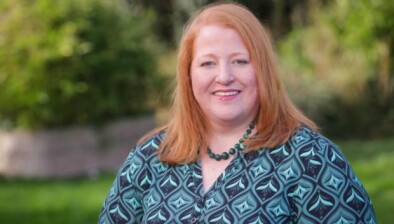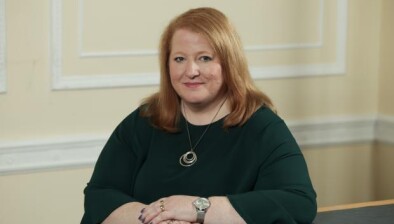Legal threat over inaction on Northern Ireland historical clerical child abuse

Legal proceedings could be brought against the Northern Ireland Executive over its failure to respond to a report backing a public inquiry into clerical sexual abuse.
No decisions have yet been taken in response to the recommendations in the report, which was submitted in July but has yet to be published.
Belfast firm KRW LAW LLP said it has been instructed to issue formal pre-action protocol correspondence to the Office of the First and Deputy First Minister (OFMDFM) on behalf of members of the reference group on historical clerical child abuse.
In a statement on Friday, the law firm said the move “reflects the growing frustration among survivors at the lack of progress and the need to ensure accountability through all available legal channels”.
It has called for the immediate implementation of all recommendations without further delay, and direct engagement between OFMDFM and survivors to restore trust and ensure accountability.
Amnesty International also said it has written to the first minister and deputy first minister in support of calls for a public inquiry.
Patrick Corrigan, Northern Ireland director of Amnesty International, is himself a member of the reference group.
“After years of work, a report bringing together findings of three separate research projects into clerical child abuse has been with the first and deputy first minister since July,” Mr Corrigan said last week.
“Victims and survivors, who courageously shared their stories of abuse with researchers appointed by the Executive, are now frustrated at the lack of political action.
“The report contains clear recommendations — agreed by all the victims, researchers and officials involved — including safeguarding measures and a public inquiry into failings by church and state. We must learn from past mistakes, or we will be doomed to repeat them.
“The recent revelations from the Presbyterian Church in Ireland show that clerical abuse and catastrophic safeguarding failures in faith settings are not historic issues but are very real current concerns that continue to put children at risk.
“We are asking Michelle O’Neill and Emma Little-Pengelly to act on these recommendations without delay and to work directly with victims and survivors on how they will be implemented.”










